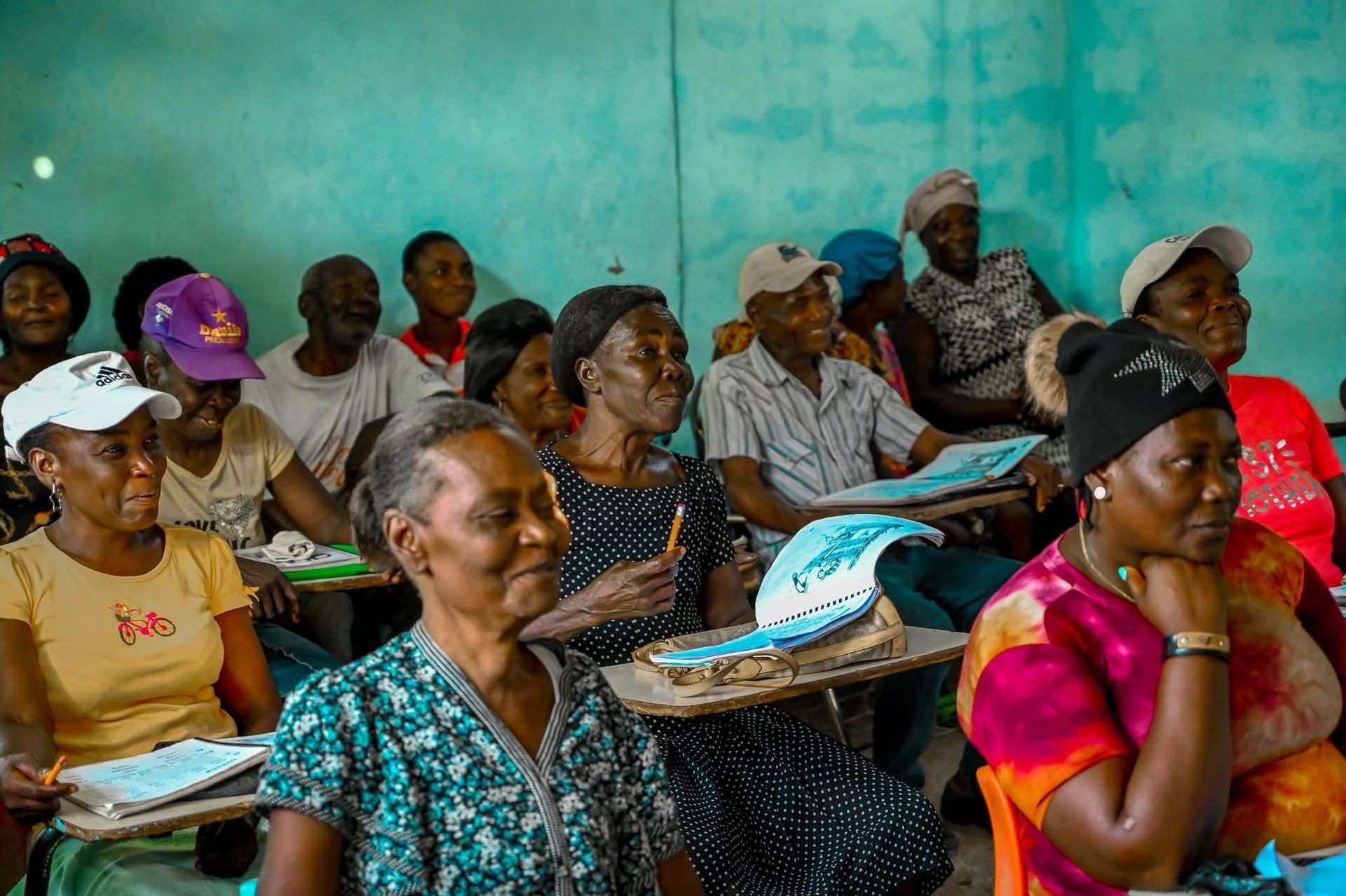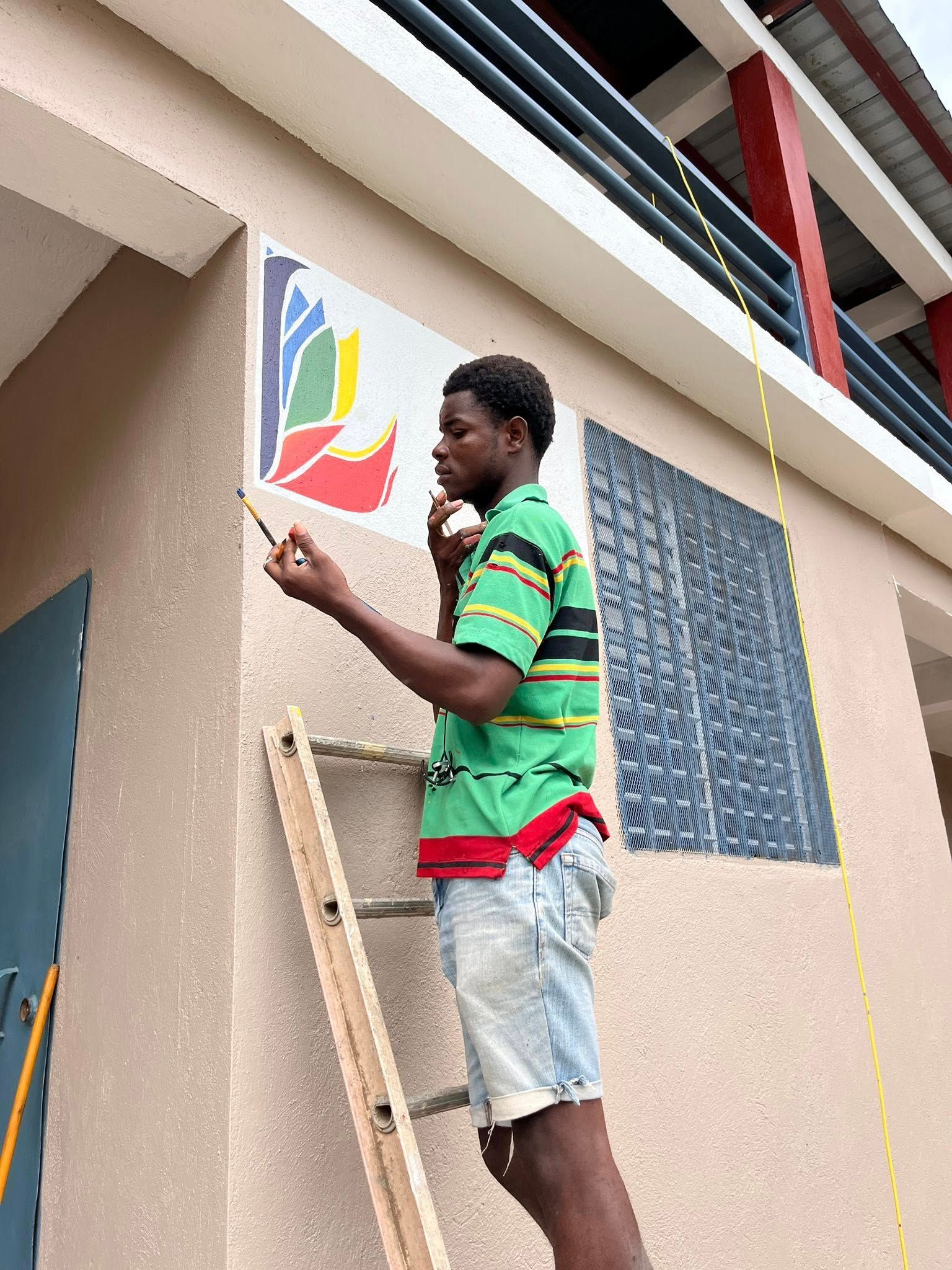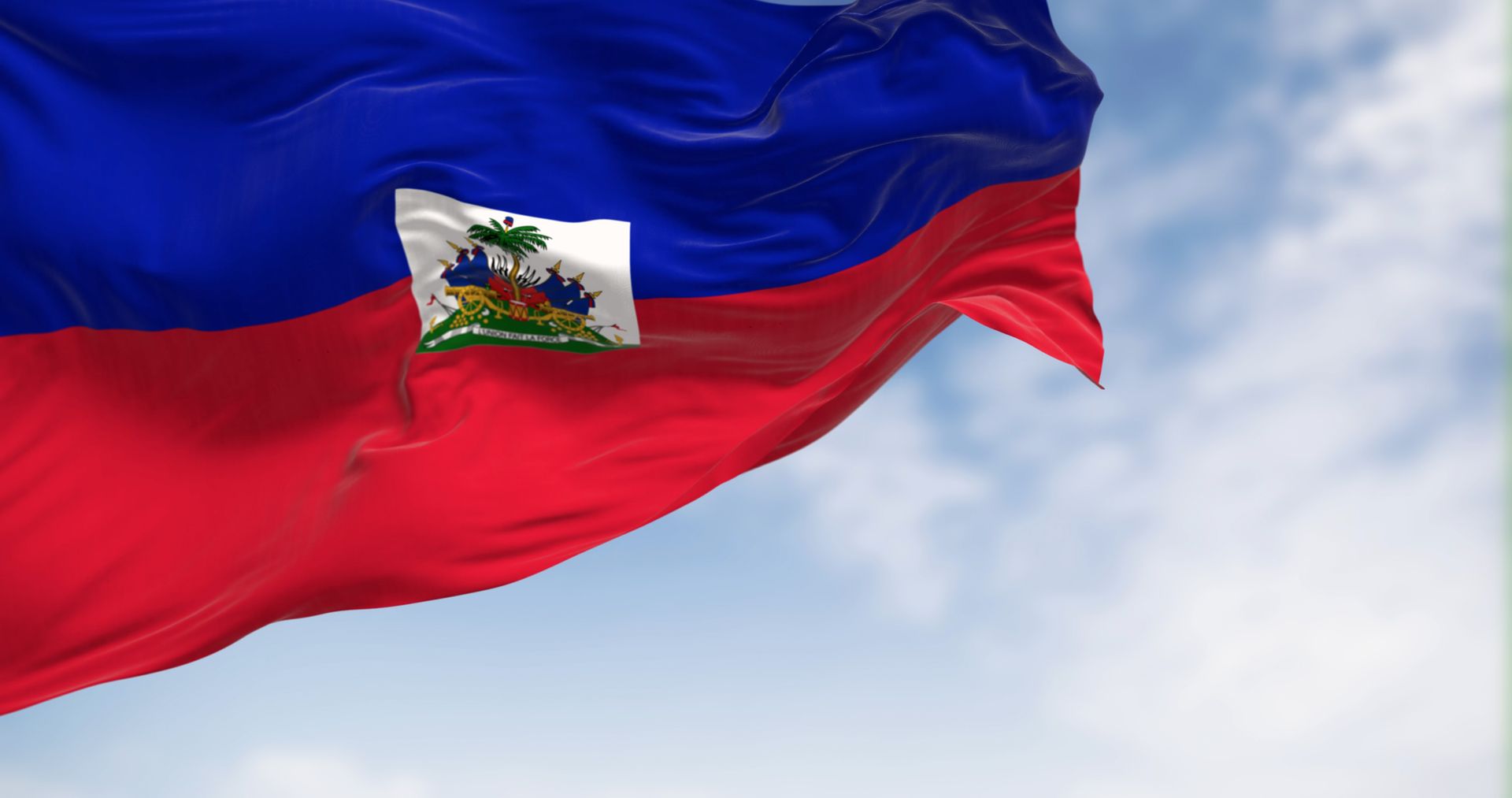Giving voice to the differently-abled for education equity
In the pursuit of a just and equitable society, one of the paramount pillars is ensuring that every individual, regardless of their abilities or disabilities, has access to quality education. Yet, for the differently-abled community, this fundamental right often remains elusive. In a world where barriers persist, education equity emerges as a powerful tool to amplify their voices, dismantle prejudices, and foster inclusive environments.
Historically, society has constructed numerous barriers that impede the educational journey of differentlyabled individuals. Physical barriers, such as inaccessible infrastructure, and socio-cultural barriers, including stigmatisation and discrimination, have long hindered their access to education. Moreover, a lack of specialised resources and trained personnel further exacerbates the challenges they face. However, education equity seeks to dismantle these barriers by advocating for inclusive policies, accommodations, and support systems that cater to the diverse needs of every learner.
Education is not merely about acquiring knowledge; it is a transformative force that empowers individuals to realise their full potential. For the differently-abled, education serves as a pathway to independence, self-advocacy, and societal inclusion. By receiving quality education tailored to their needs, they gain the skills, confidence, and resources necessary to navigate the complexities of life and contribute meaningfully to their communities. Moreover, education instills a sense of dignity and self-worth, challenging the prevalent narratives of pity and marginalisation.
Central to the concept of education equity is the creation of inclusive environments that embrace diversity and celebrate differences. Inclusive education goes beyond mere integration; it entails restructuring educational practices, curricula, and attitudes to accommodate the unique abilities of all learners. By fostering environments where differently-abled students are valued, respected, and supported, schools not only enhance academic outcomes but also cultivate empathy, compassion, and understanding among all students. Inclusive education benefits not only the individual but also society at large by nurturing a culture of acceptance and solidarity.
Realising education equity for the differently-abled requires concerted efforts at both the grassroots and policy levels. Advocacy plays a crucial role in raising awareness, challenging stereotypes, and mobilising resources to address the systemic barriers they face. Furthermore, governments and educational institutions must enact and enforce policies that safeguard the rights of differently-abled individuals, ensuring equal access to education, reasonable accommodations, and specialised support services. By prioritising education equity in policy agendas, societies can create more inclusive and equitable educational landscapes.
Education equity is not a mere aspiration but a moral imperative, especially for the differently-abled community. By embracing inclusive practices, fostering supportive environments, and championing advocacy and policy reforms, we can empower them to thrive academically, socially, and professionally. Education equity is not just about giving them a seat at the table; it’s about amplifying their voices, affirming their rights, and recognising their inherent dignity and worth. As we strive towards building a more inclusive society, let us recognise education as the cornerstone of empowerment and the voice of the differently-abled.
Biography
Momodou is Youth Programme Officer for The Gambia Teachers’ Union (GTU)




